Eurozone PMI Manufacturing dropped to 45.6 in September, down from 47.0 and missed expectation of 47.3. That’s the lowest level in 83 months. PMI services dropped to 52.0, down from 53.5, missed expectation of 53.3. That’s also an 8-month low. PMI Composite dropped to 50.4, down from 51.9, a 75-month low.
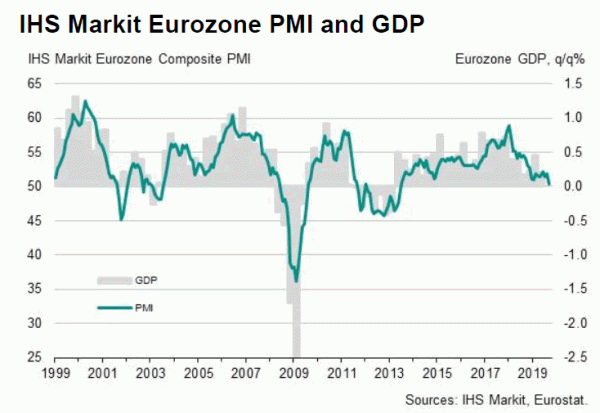
Commenting on the flash PMI data, Chris Williamson, Chief Business Economist at IHS Markit said:
“The eurozone economy is close to stalling as a deepening manufacturing downturn shows further signs of spreading to the services sector.
“The survey data indicate that GDP looks set to rise by just 0.1% in the third quarter, with momentum weakening as the quarter closed.
“The goods-producing sector is going from bad to worse, suffering its steepest downturn since 2012, but a further worrying trend is the broadening-out of the malaise to the service sector, where the rate of growth has now slowed to one of the weakest since 2014.
“The details of the survey suggest the risks are tilted towards the economy contracting in coming months. Most vividly, new orders for goods and services are already falling at the fastest rate since mid-2013, suggesting firms will increasingly look to reduce output unless demand revives.
“Furthermore, hiring is being scaled back due to the order book slowdown, with jobs growth now down to the lowest since the start of 2015. A worsening labour market adds to the risk that households could trim their spending.
“The overall picture of an economy on the cusp of sliding into decline is underscored by a further deterioration in firms’ pricing power, with average prices charged for goods and services barely rising in September.
“With survey data like these, pressure will grow on the ECB to add to its recent stimulus package.”
Full release here.




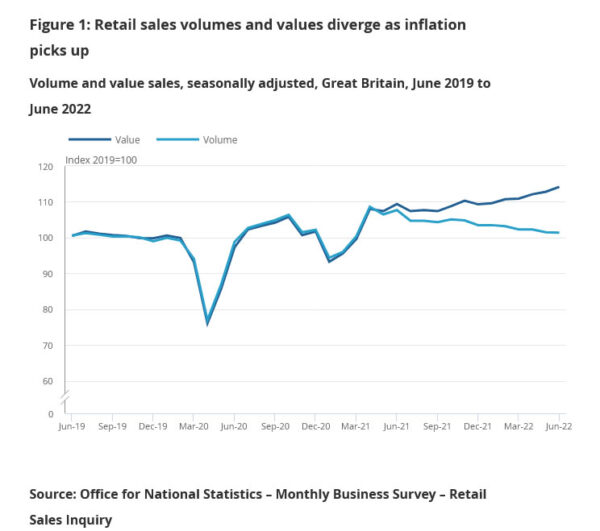
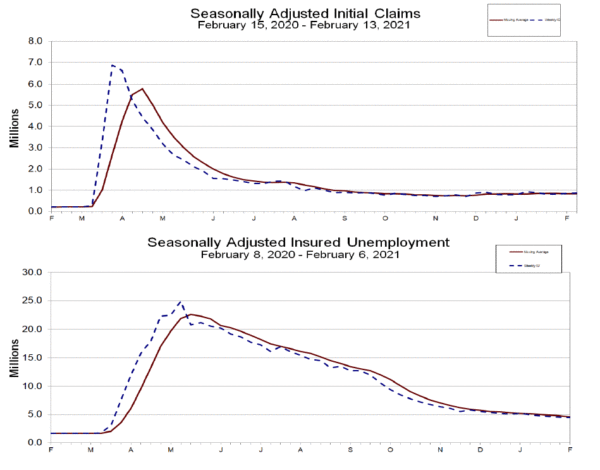
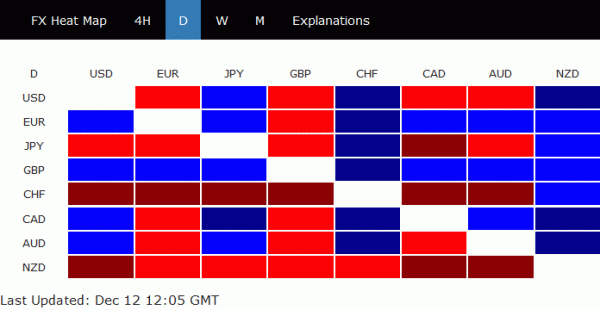
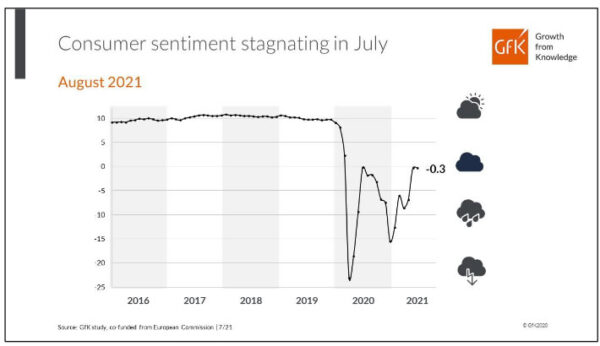

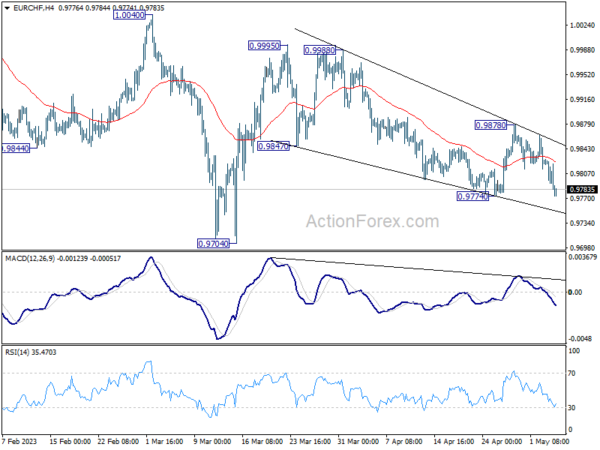
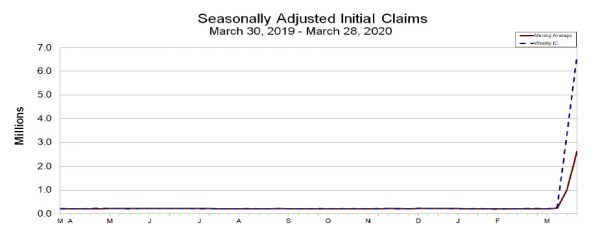
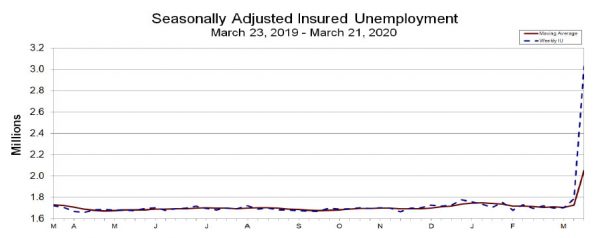
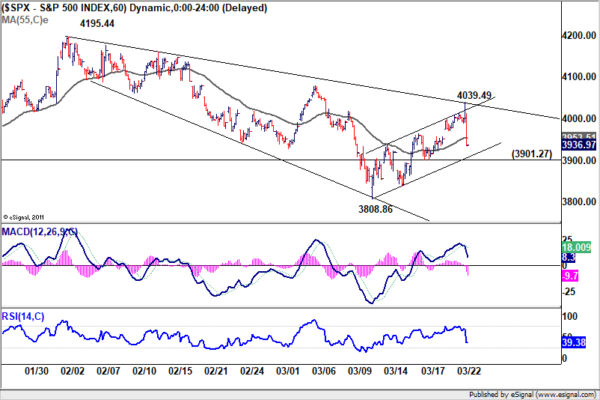
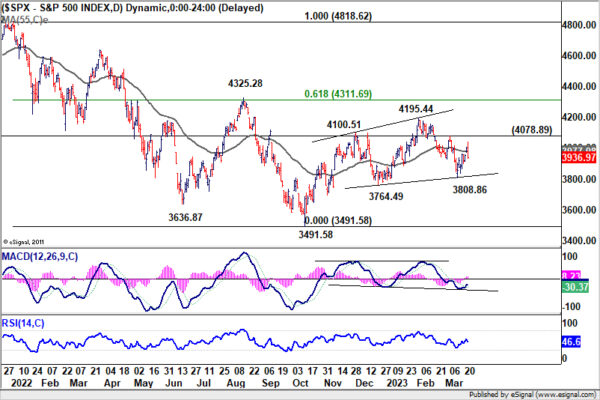
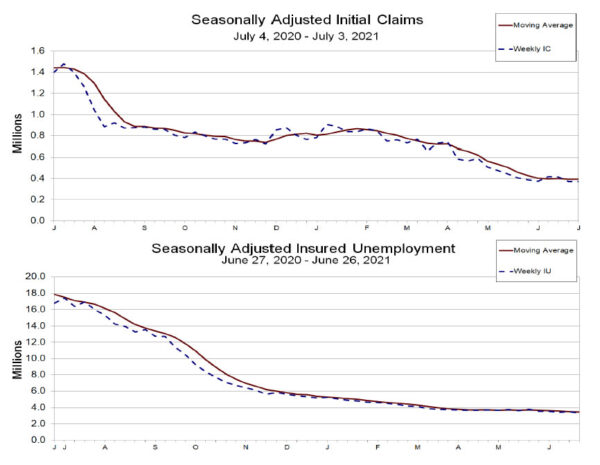
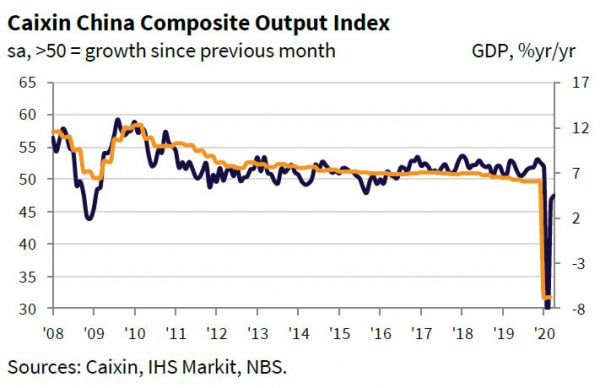
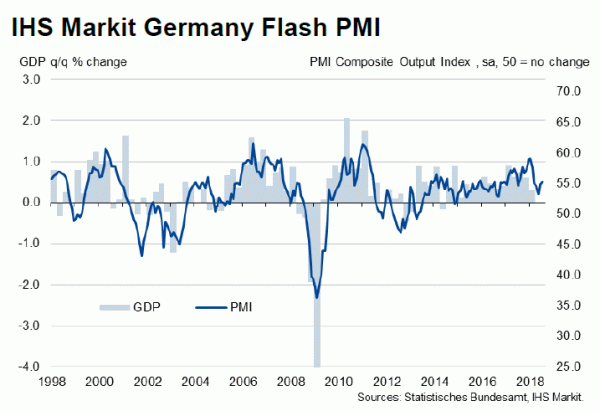

Australia trade surplus shrank to 4.6B in Jul as exports fell
Australia export of goods and services dropped -4% mom to AUD 34.5B in July. Imports rose 7% mom to AUD 29.9B. Trade surplus shrank to AUD 4.6B, down from AUD 8.2B, missed expectation of AUD 5.0B.
AiG Performance of Construction index dropped -4.8 pts to 37.9 in August. Ai Group Head of Policy, Peter Burn, said: “The sharp fall in activity in Victoria was a major factor in the downturn while border restrictions in other states have hampered builders and constructors who are reliant on interstate supplies and the availability of tradies from across borders.”